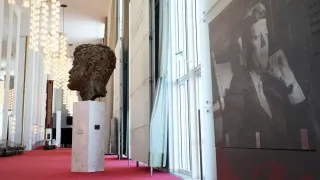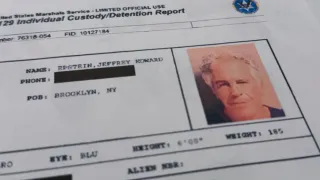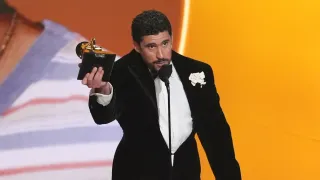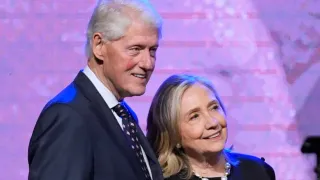October 19, 2019
1st of Many Federal Broadband Grants Announced in Tennessee
Adrian Sainz READ TIME: 2 MIN.
U.S. Agriculture Secretary Sonny Perdue announced on Friday the first of many federal investments targeting the creation of critical broadband internet infrastructure in underserved rural areas across the country.
Perdue visited the West Tennessee city of Halls to announce a $2.85 million grant to improve broadband internet connectivity for 347 households and one community facility over an area of 435 square miles (1,125 square kilometers) in rural Lauderdale County.
In a town hall meeting later in the day in Memphis, Perdue said the Forked Deer Electric Cooperative will use the ReConnect Program grant to deploy fiber to the co-op's home broadband network. The fiber is capable of transmission rates of 100 megabits per second or greater.
Rural areas around the country have been clamoring for more high-speed internet access for use in schools, libraries, homes and businesses such as farms. Congress has provided $600 million to the Agriculture Department to expand broadband infrastructure and services in the rural U.S. More funding will be announced later this year in the form of loans, grants, and a combination of the two.
Perdue said the funding will "bridge the gap" between urban in rural areas when it comes to quality of life and productivity of businesses.
Nearly 3 million students around the country who face struggles keeping up with their studies because they must make do without home internet. Some students study in the parking lots of schools, libraries or restaurants, even traveling to neighboring counties where signals are stronger and more reliable.
An estimated 17% of U.S. students do not have access to computers at home and 18% do not have home access to broadband internet, according to an Associated Press analysis of census data.
Perdue said students in rural areas have "a disadvantage of learning because of where they live."
"That's really sort of immoral, in my opinion," Perdue told reporters after the town hall.
Perdue said construction of internet broadband infrastructure is more expensive in rural areas where population density is relatively low. State and local governments, electric companies and cooperatives, and private investors should all be involved in improving rural broadband access, he said.
In March, Tennessee Gov. Bill Lee announced that 13 companies in 17 counties would receive $14.8 million in broadband accessibility grants.






